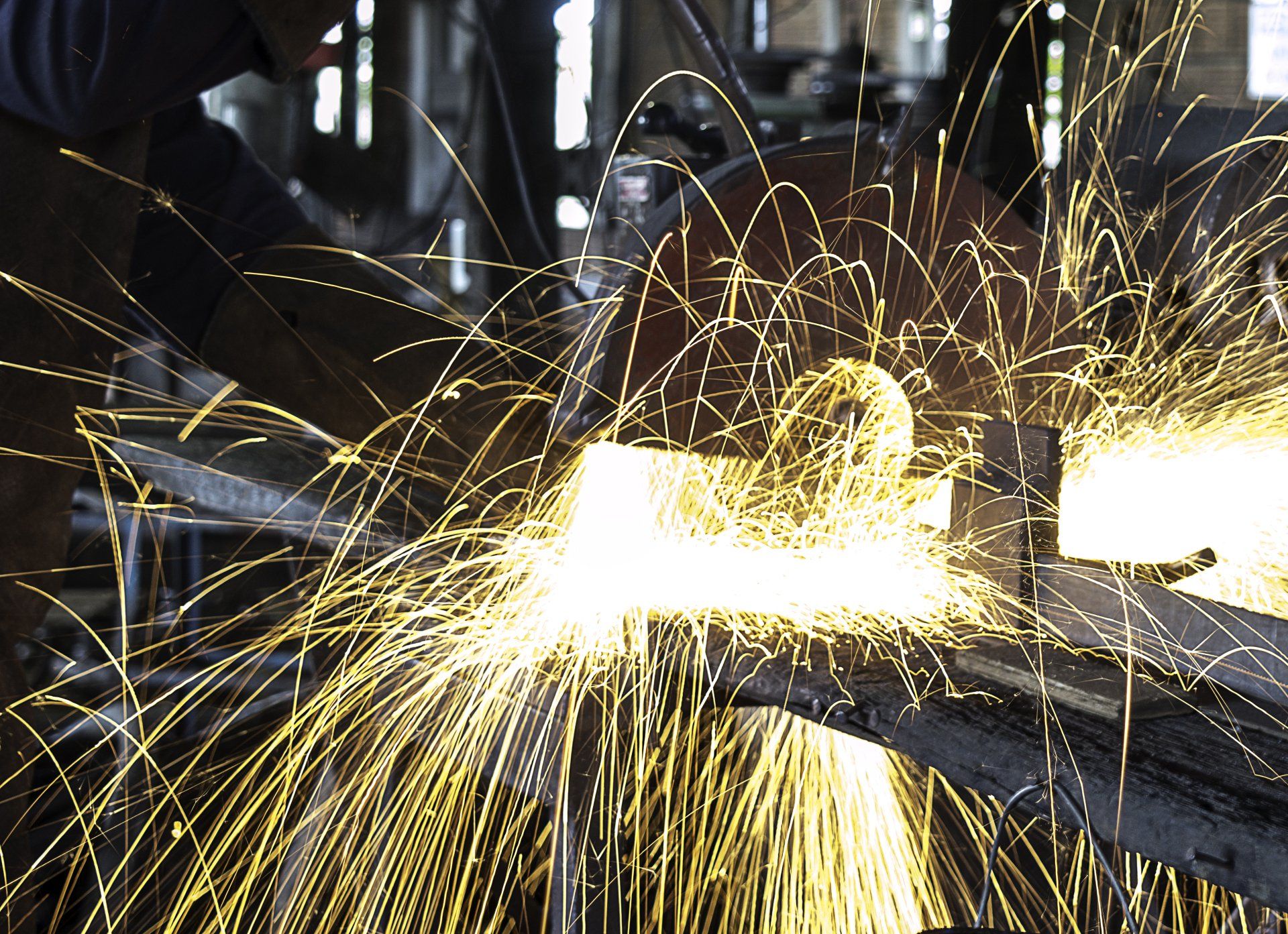Dredge Accident in Minnesota Details the Risks We in the Gulf Coast Face
A young man nearly lost his life while working on a dredging project in Minnesota.
Details Regarding the Accident
During the morning hours of Wednesday, May 22, several dredge workers were repairing a pipe leak when the unexpected occurred that halted the project.
Several employees were tightening a fitting when a discharging line ruptured, blasting pressurized water and mud. One of the workers, a 25-year-old dredge worker, was knocked unconscious and fell into the water.
The Olmsted County Sheriff’s Office were alerted of the accident and arrived shortly after.
Authorities say the rupture created a cloud of mist, and the other workers were not aware that their co-worker was pushed into the water until the leak was fixed. The sergeant says the man was knocked out briefly but was wearing a life jacket at the time of the accident.
The young man was taken to St. Mary’s Hospital. As of Friday morning, he was in good condition, only suffering injuries to his face and arms.
Local authorities explained the two-mile long dredging system was only operating at 170 psi, about half of the level it was designed for.
Dredging Accidents are Much Closer to Home Than You Would Think
Similar to the young man up north, this situation could easily occur here in Houston, TX. The Houston Ship Channel spans from the Port of Houston 50 miles out toward the Gulf of Mexico, and frequently, dredge workers ensure that the channel is navigable.
However, working on a dredger, as is evident from the story above, doesn’t come without risk. The most common dredger vessels in which accidents occur on are:
- Vacuum Dredgers
- Bucket Dredgers
- Clamshell Dredgers
- Backhoe/Dipper Dredgers
- Water Injection Dredgers
- Pneumatic Dredgers
The type of danger in these vessels all depend on what the vessel’s purpose is. For instance, if a clamshell dredger’s grabber fails, whatever it was hauling aboard could come crashing down on crew members, injuring—and possibly killing—them.
If the clamshell grabber failed because it wasn’t properly maintained, however, that could be considered negligence. The ship owner could be held liable if he or she didn’t schedule regular maintenance on that particular dredger.
If this scenario resonates with your injury sustained as a dredge worker, you may be entitled to monetary compensation that can help you properly recover.
The Houston maritime lawyers of Lapeze & Johns are ready to act on your behalf.
The owner or entity in control of a vessel has a legal duty to ensure it is in safe working order, properly equipped, and operated by a competent crew. If any of these responsibilities are not met and a worker sustains an injury, the victim may be eligible to recover damages outlined under the Jones Act.
The Houston maritime lawyers of Lapeze & Johns have worked for years fighting ship owners and dredging companies alike to ensure that their workers’ rights to compensation are protected. With ample amounts of legal resources, expert witnesses, and experience, we can take on these corporate giants and win.
Have you been injured while working on a dredger or other maritime vessel? Contact the Houston dredge accident lawyers of Lapeze & Johns at (713) 766-4855 to schedule your FREE legal consultation today.
Source: KROC



